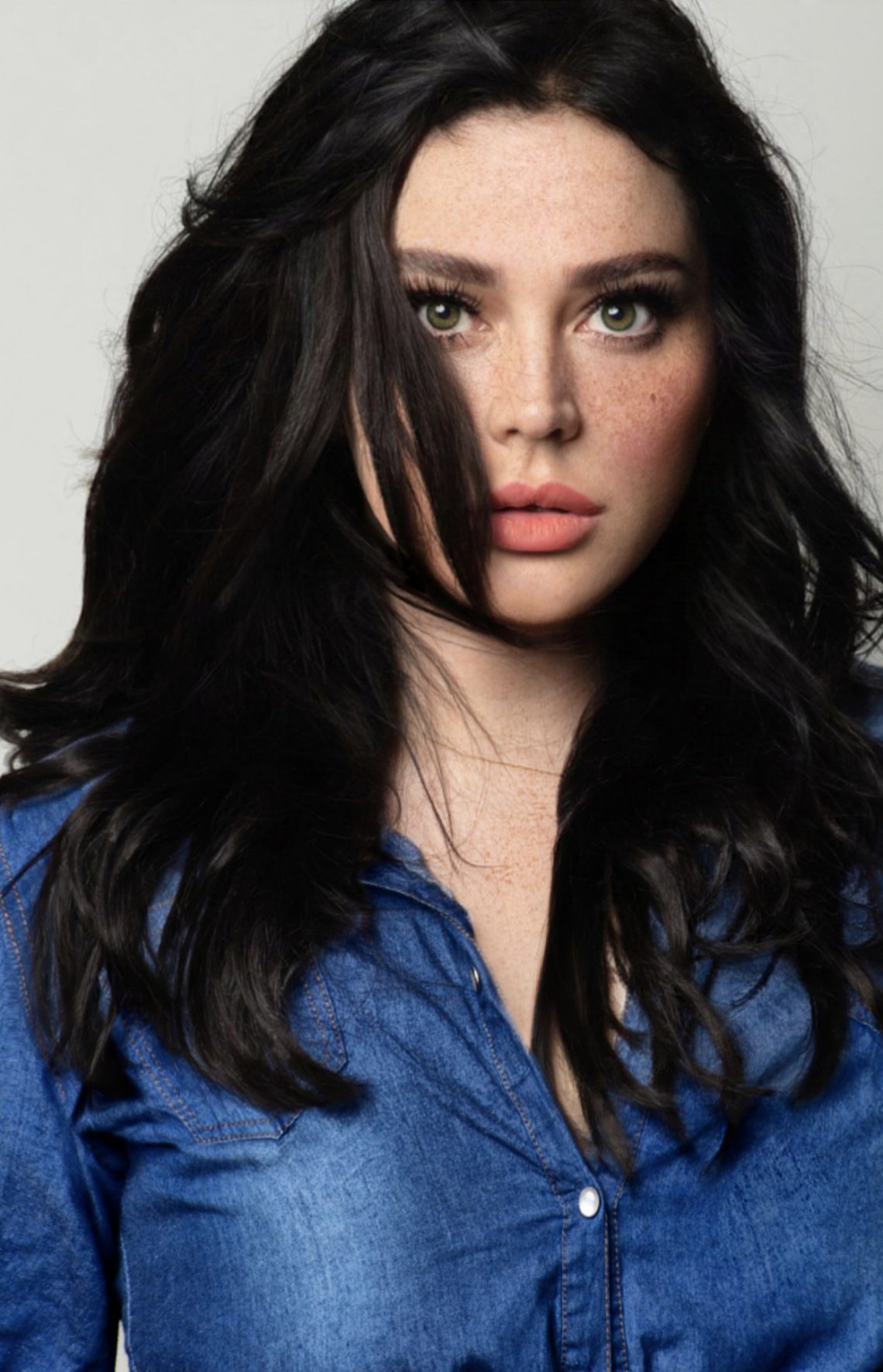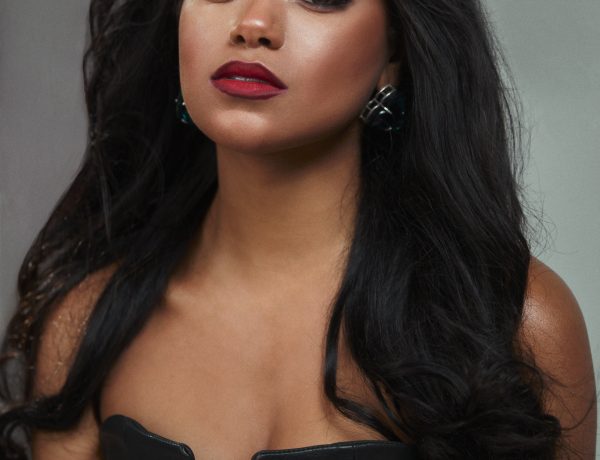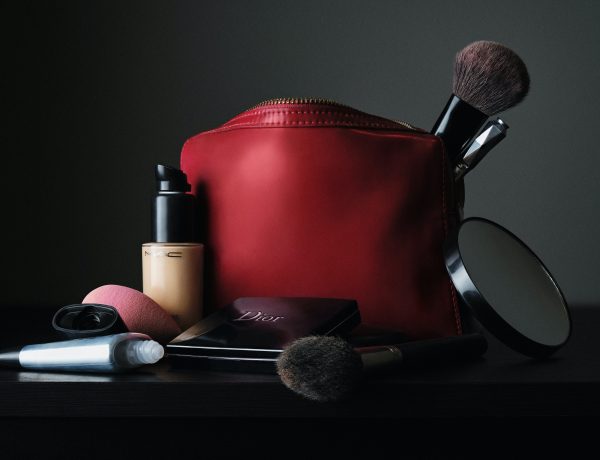On a whim, Ignacia Soto-Aguilar decided to pause law school to pursue makeup design. “I think back to that time and I think decisions felt less permanent at that age,” she shrugs. “I don’t necessarily remember it feeling like some huge life altering decision as much as an impulse to try something else for a while. My peace and happiness lived in my art room (I was in the Bay Area, CA, so when I say ’art room,’ I mean a closet with some bins labeled ‘paint’ in it), so making a whole career change based solely on the feeling that ‘art feels good’ was just a decision made before I developed the ‘what if this is the wrong choice and it ruins my whole life’ part of my brain kicked in. For some of us, that stage in life is a result of our brows not growing back the same after 2007. Best decision of my life.” Film and television makeup speaks to her the most because of its ability to shape narratives. “Making people objectively more attractive is probably what most people think is the sole purpose of a makeup artist. But something interesting happens after enhancing beauty on a woman, or a freshly groomed man – they tell a different story of who they are with their body language. Being able to take that skill and use it in a setting where stories are literally being told felt like a natural transition to me to keep challenging myself. Making someone more attractive is easy, but being able to assist in that story telling with this specific form of makeup art is magical. Being able to turn a person into the story that they want to tell is how I would define my role as a makeup artist, and what better place than film and TV to do this.”
Her interest in special effects makeup was born out of practicality, but soon developed into an ardent appreciation for the art form. “So much of the transformation required is achieved by special effects, and if I’m being completely honest, in the beginning of my career, the incentive was that my lack of experience would only get me hired in jobs if I could do it all. But the more I submerged myself in that world, I became obsessed with this more extensive form of transformation. Now that I work in projects that budget for more crew, and I’m able to bring specialty people in when necessary, depending on the workload of the day, I find it a necessary knowledge to be able to collaborate and produce solid work. You can best collaborate if you truly understand what everyone is doing.” Makeup is often crucial to promoting immersion – or lack thereof – into the world behind the camera. “Aside from the obvious transformations necessary with special effects, or when transforming people into real life characters in biopics, etc, makeup is definitely an essential element to telling a story or evoking a feeling from the audience. I strive for the audience to be able to look at the character I create and be curious about what they have to say or what they have recently experienced. I think makeup has a big role in that in the same way that bad makeup in film can be distracting enough to kill your interest. I always feel so bad when I’m watching a scene where an actor will be sweaty everywhere but their neck will be dry, or something, and that’s all I’ll focus on. My respect for the storytellers that brought me on, as well as the actors delivering performances, places my focus in creating makeup designs that should feel almost like a wallpaper. Something you don’t notice when present because it just belongs in the frame.”
Ignacia derives more satisfaction from her job than she ever could’ve dreamed possible. “It’s funny how when you envision a career, what you usually think will be your favorite part of the job ends up being something completely different. I used to think that having a career that allowed me to have unfathomable amounts of makeup and skincare would be a dream come true, and don’t get me wrong it’s not a bad perk, but my favorite parts of my job my ability to travel, build the teams necessary for each project, and just the creative collaboration part in general. I’ll never not feel butterflies in my stomach when witnessing the finished product of a project that can sometimes take years to create. I’ll never get over that feeling of ‘Wow, I can’t believe I had a part in that and it’s now immortal because it’s on screen and on Google forever.’ That feels important.” Her original roots in advocacy remain a driving force. “I’m still very passionate about the causes that drove me to want to become a lawyer in the first place, immigration law being at the top of the list. This continues to be a very personal cause in my life, and with time I’ve found different ways to become involved and assist the cause using this other platform that I now have. People are watching and listening more than ever before and it would feel like a waste to have access to the attention of thousands of people and not attempt to spread awareness about these causes that need our immediate attention. If I can get one person to research more about NIJC (National Immigrant Justice Center), or B2CM (Bring Change To Mind – a non profit dedicating to encouraging dialogue about mental health), it is more than worth it to watch that follower count drop because people prefer I didn’t stray away from just talking about celebrity faces or the latest makeup trends.” Ignacia will always be pushing for change.
Read more Celebrity Interviews on ClicheMag.com
Ignacia Soto-Aguilar Reveals the Magic of Film and Television Makeup. Photo Credit: Toni Riales.





